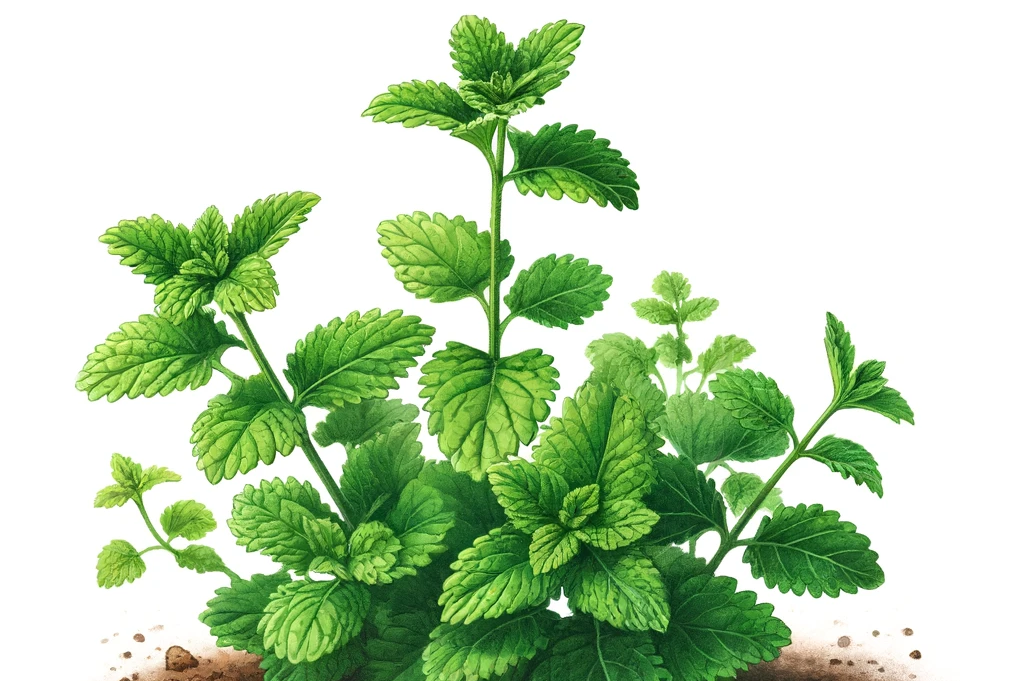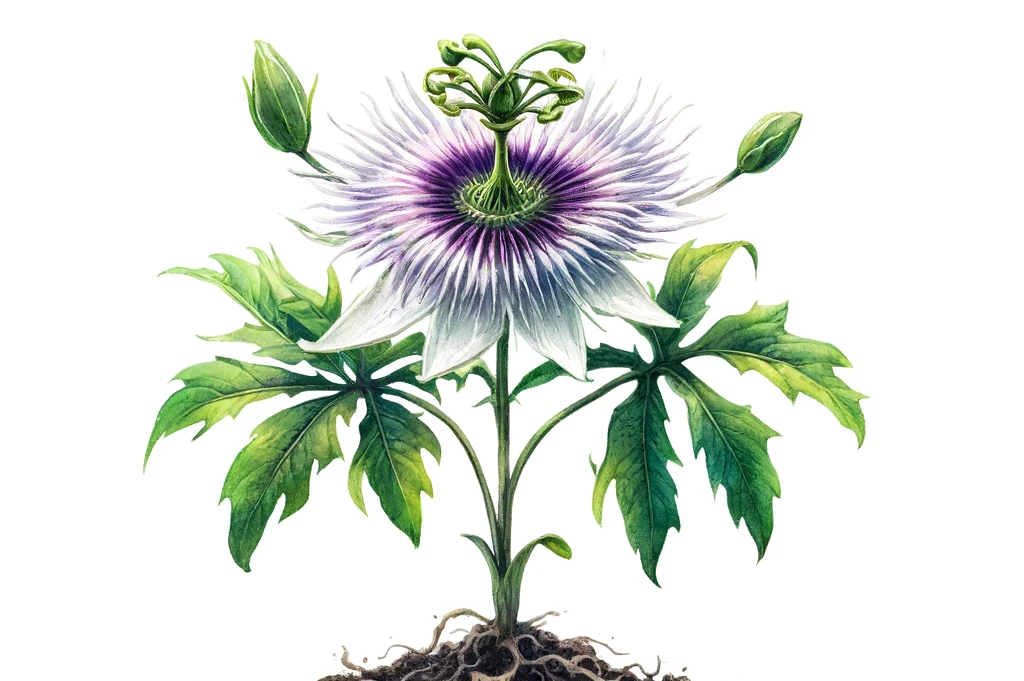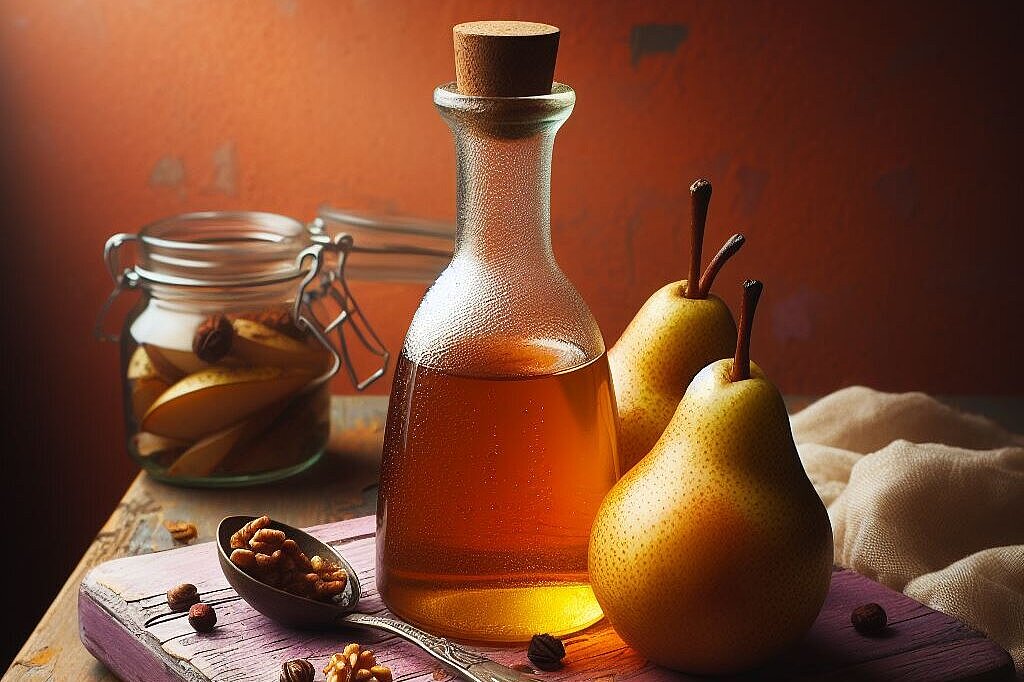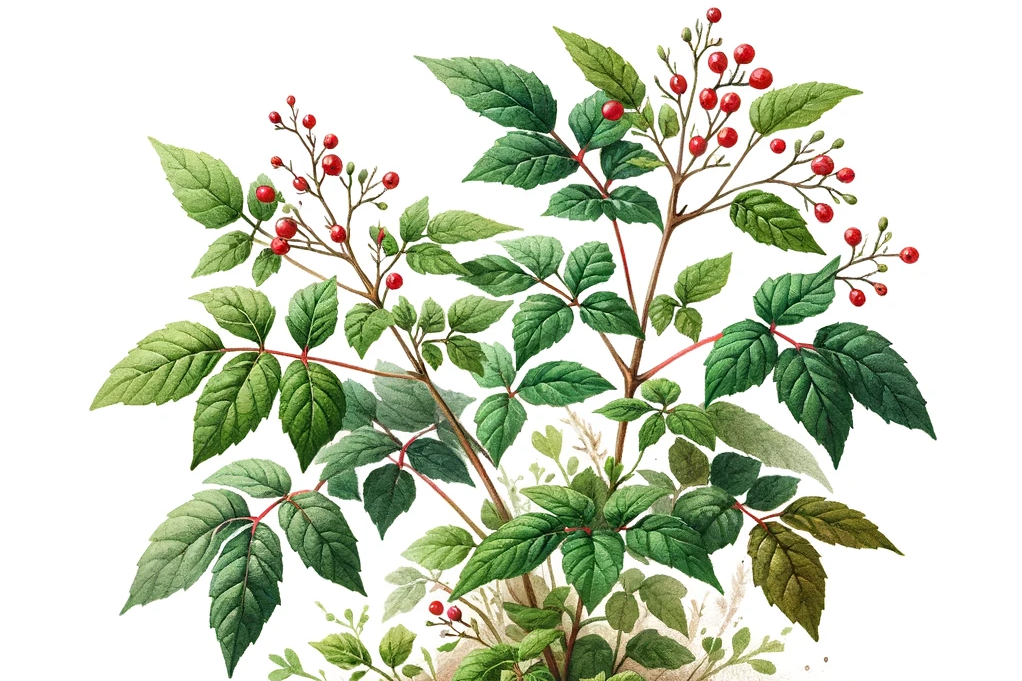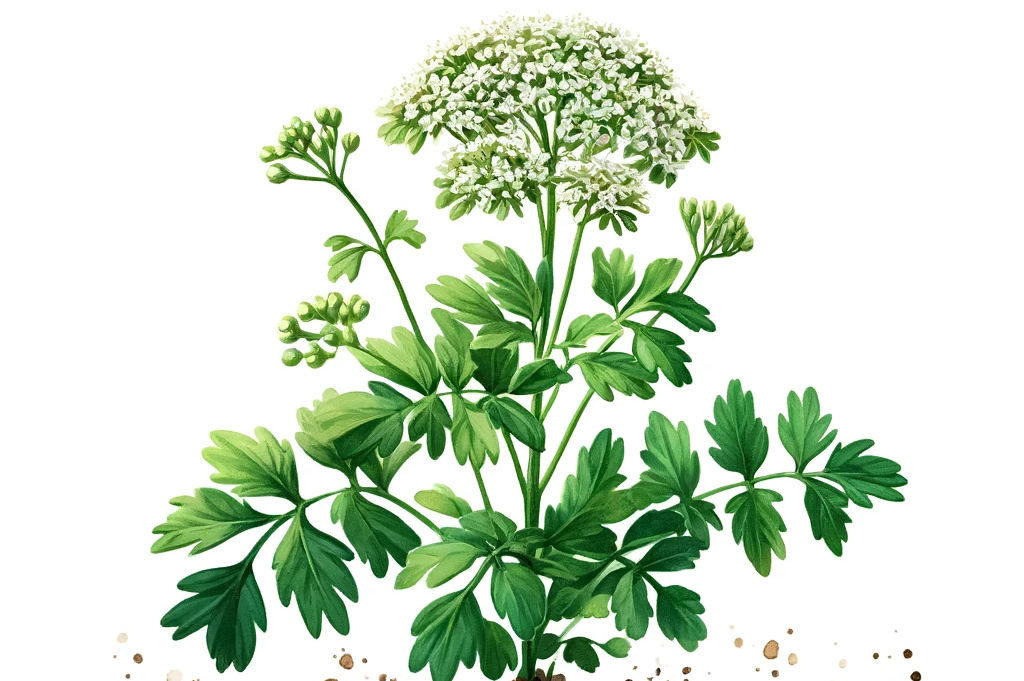Can influence the mood
When people talk about an ingredient in dog food that can "affect mood", they are usually referring to the ability of that ingredient to affect your dog's emotional and mental well-being. This can include various mechanisms and nutrients that influence brain function and the production of neurotransmitters such as serotonin and dopamine. These neurotransmitters play an essential role in regulating mood, sleep and behavior.
For example, omega-3 fatty acids, found in fish oil and certain vegetable oils, may have anti-inflammatory properties and help improve cognitive function and mood regulation. Tryptophan, an amino acid found in turkey and some dairy products, is a precursor to serotonin, an important feel-good neurotransmitter that can improve mood.
It's important to be aware that the effects of such ingredients can vary and depend on several factors, including the dog's individual health and metabolism. A balanced diet tailored to your dog's specific needs is crucial to their overall well-being and health. Should you consider adjusting your dog's diet to influence their mood or behavior, it is advisable to do so in consultation with a veterinarian or canine nutritionist.



